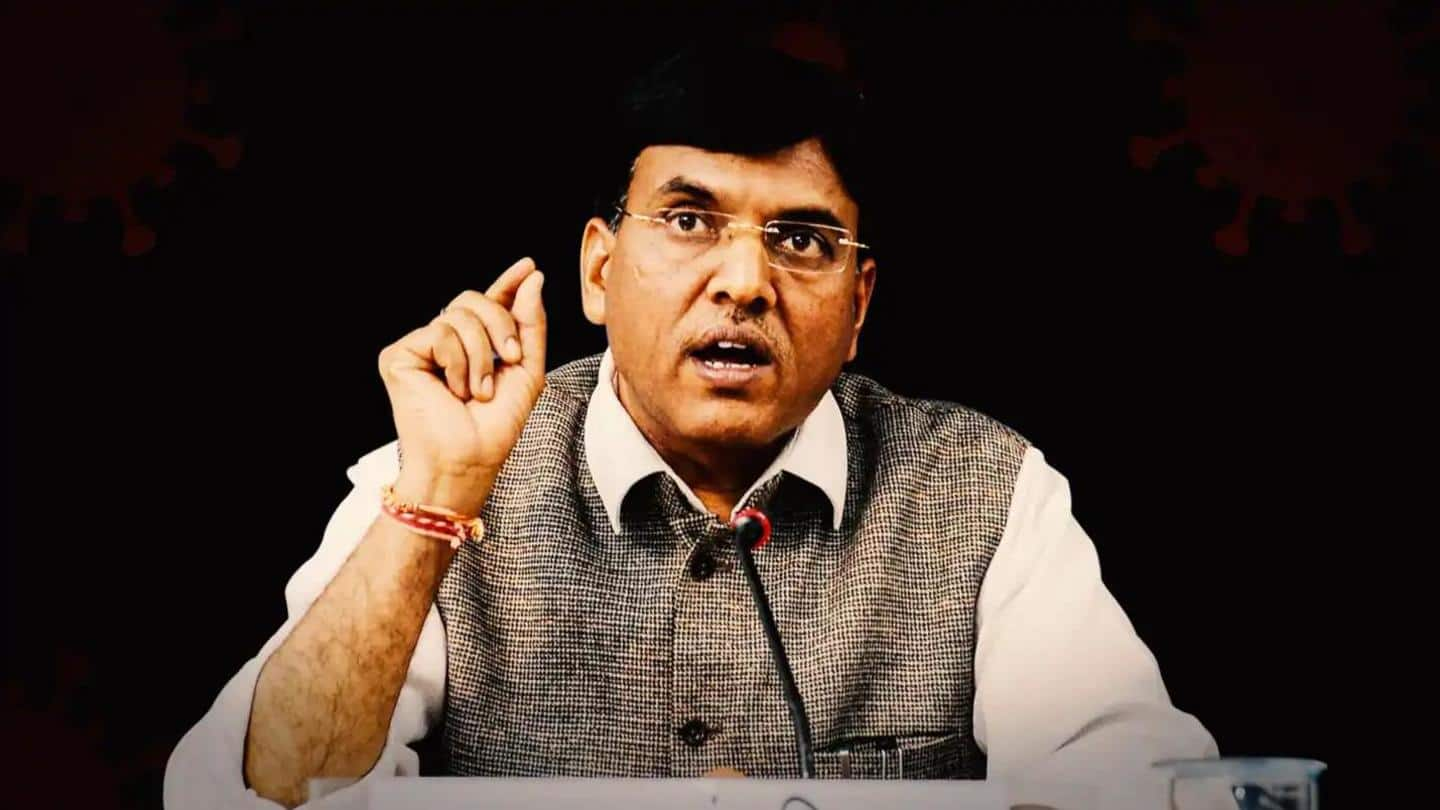
Health minister says no to BJP MP's population control bill
What's the story
Union Health Minister Mansukh Mandaviya told the Rajya Sabha on Friday that instead of using 'force (jabran),' the government had successfully used awareness and health campaigns to accomplish population control. He was speaking in opposition to BJP MP Rakesh Sinha's private member's bill, which sought to impose a two-child rule with penal provisions for violations. The bill was introduced in July 2019.
Statement
What did the health minister say?
Mandaviya highlighted that the population stabilization policies are working well without the use of force because of the government's "holistic approach." "We have gained results as the total fertility rate has come down to around 2%...It tells us that the family planning mission is moving towards success," the health minister said in Rajya Sabha. Following Mandaviya's intervention, Sinha withdrew his private member's bill.
Trend
Growth-rate reduced from 2.20 in 1971 to 1.64 in 2011
"In 1971, the average annual exponential growth was 2.20; 2.14 in 1991; 1.97 in 2001; and 1.64 in 2011. It shows that population growth...has been declining. The rate of growth seen between the '60s and '80s has come down significantly," he said. Mandaviya also underscored the decrease in teenage birth rate and teenage marriage rate to 6.8% and 23.3 %, respectively.
Information
Rakesh Sinha exudes confidence in government's efforts
Rakesh Sinha expressed confidence while withdrawing his bill and said, "We will be able to control our population, rising above caste, religion, language, and district," owing to the government's serious efforts in this regard. "Our (government's) efforts are being undertaken in a constitutional manner. We do not want to repeat the Emergency," he added. Earlier, Sinha tried to state population data targeting particular communities.
Opposition
What was the Opposition's reaction?
Members of the Opposition argued that states that have successfully implemented family planning programs shouldn't be penalized and that any legislation aimed at controlling the population should be enacted democratically rather than through coercion. Congress' Jairam Ramesh and DMK's T.Siva argued that western and southern states which have performed well in family planning shouldn't be denied central allocations which are based on population numbers.
Quote
India has reached replacement level fertility: Jairam Ramesh
"After two generations, the population will remain stable or begin to decline...the bill is based on a completely flawed assumption. Barring the most unfortunate period of Emergency, India's family planning has been based on democratic means," Ramesh said, highlighting India has reached replacement level fertility.